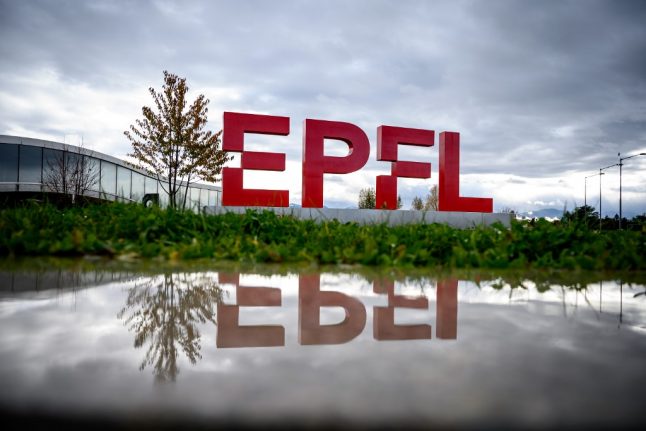This is the highest place ever achieved by the technical institute in the well-regarded table of the world’s top academic institutions.
By coming seventh, the ETH is also the top-placed institute in continental Europe. The top six ranked universities are in the United States and in the United Kingdom.
Read also: ETH researchers develop new 'electronic rescue dog'
MIT, Stanford University, Harvard University and the California Institute of Technology claimed the top four spots in this year’s QS rankings while England’s University of Oxford and University of Cambridge came fifth and sixth.
ETH notched up an overall score of 95.3 out of 100. The institution was ranked in the top 50 for five out of six categories while QS made special note of its exceptionally high score of 98.7 out of 100 for citations per faculty – a clear reflection of Switzerland’s status as a research powerhouse.
In terms of broad subject areas, ETH came fourth globally for Engineering and Technology and seventh for Natural Sciences. At the individual subject area, ETH came top in the global rankings for Earth and Marine Sciences.
Established in 1855, ETH, which has around 20,000 students, can boast famous graduates including Albert Einstein (1921) and numerous Nobel Prize winners.
Nine Swiss universities appear in the QS 2019 rankings, with seven in the top 200. Lausanne’s EPFL dropped to 22nd place after being ranked 12th in 2018. The University of Zurich in 78th place and the University of Geneva in 108th spot.
Despite the EPFL’s drop in the rankings – 2019 is the first time the institution has appeared outside the QS global top 20 – it remains one of the world’s top research institutions, coming 14th for citations per faculty.
Read also: Lausanne's EPFL named 'most international university' in the world



 Please whitelist us to continue reading.
Please whitelist us to continue reading.